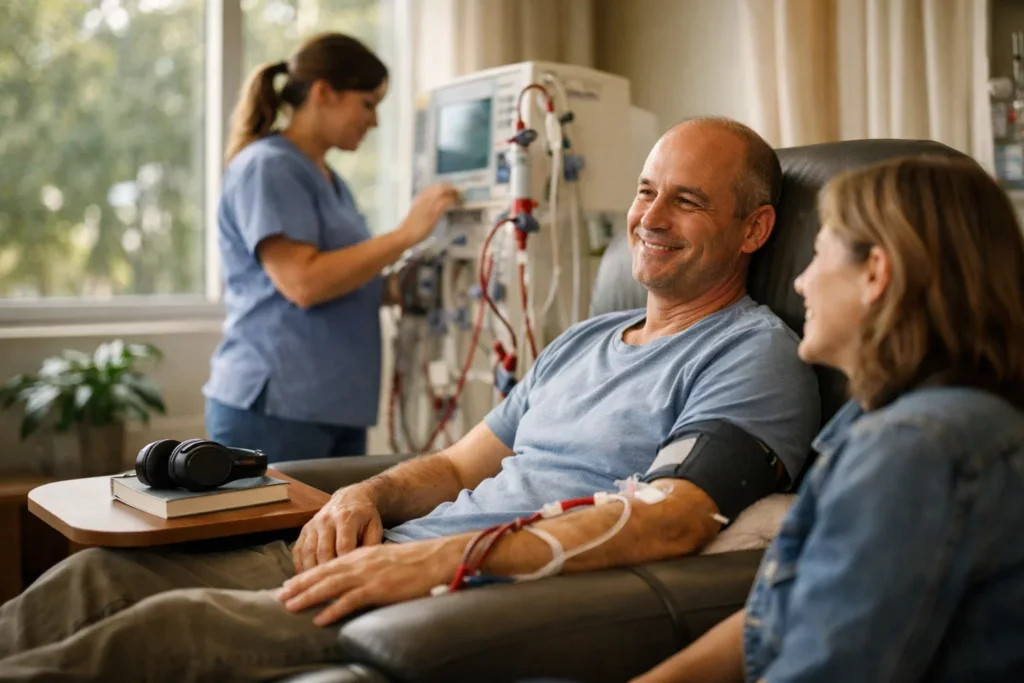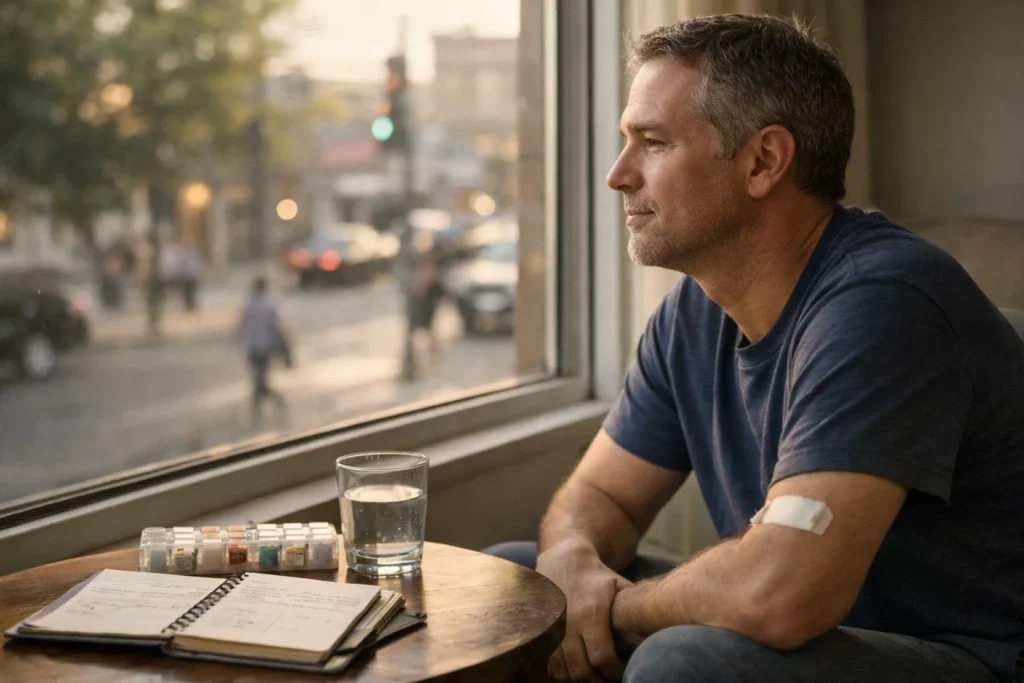Kidney Stones: Answers to Commonly Asked Questions
Kidney stones, a common urological issue, often raise concerns and questions about their
nature, causes, and treatments. At ANC, we believe in empowering our patients with knowledge
and guidance to manage this condition effectively. In this week’s blog, we address some of the
most frequently asked questions about kidney stones.
Can Kidney Stones Be Dissolved?
The possibility of dissolving kidney stones largely depends on their composition. Most kidney
stones are calcium-based and cannot be dissolved; they must pass naturally through the urine.
However, stones formed from uric acid are an exception. Medications prescribed by a medical
professional can dissolve these uric acid stones. If you're dealing with kidney stone-related
concerns, it's advisable to consult a nephrologist or urologist. Remember, intense and
unbearable pain warrants a visit to the nearest emergency department.
Dietary Factors Contributing to Kidney Stones
Diet plays a significant role in the development of kidney stones. Diets high in protein, calcium,
and sodium are particularly conducive to stone formation. Nephrologists typically recommend a
low-salt diet (under 2 grams of sodium daily) and a moderate protein intake (40-60 grams daily).
If your diet is rich in these nutrients, consider making adjustments and increasing your water
intake to assist your kidneys.
While less common, kidney stones can also result from uric acid build-up, often linked to what’s
known as the “rich man's diet” – characterized by excessive consumption of alcohol and
seafood. This diet can increase the risk of gout and kidney stones.
Recognizing Kidney Stone Pain
Kidney stone pain has distinct characteristics, often described as a sharp, radiating pain in the
flanks and painful spasms down the back. Blood in the urine and heightened sensitivity during
everyday tasks are also common. It’s important to note that kidney stone pain can be mistaken
for back spasms, appendicitis, or gallbladder issues.
Early Warning Signs of Kidney Stones
Being aware of the early signs can lead to prompt treatment. These include twinges of pain,
blood in the urine, and grains in the urine. Recognizing these signs early can help prevent more
severe complications.
Preventing Kidney Stone Recurrence
Repeat development of kidney stones can lead to kidney damage. To mitigate this risk, it's
essential to drink plenty of water and monitor your diet. For those more susceptible to kidney
stones, drinking high alkaline liquids can provide relief. Popular recommendations include
Crystal Light Lemonade and Moonstone.
The Role of Nephrology and Urology in Treating Kidney Stones
It's important to understand the roles of nephrology and urology in treating kidney stones. While
both specialties are involved, urologists are typically consulted for the surgical removal of
stones. Nephrologists, on the other hand, focus on the metabolic aspects of kidney stone
causes and prevention.
Are you or a loved one struggling with kidney-related issues? For more information and
personalized advice, contact ANC! Our team is here to help you improve your kidney health and
navigate any challenges with our expertise and compassion. Remember, taking care of your
kidneys is a crucial aspect of your overall health. Stay informed, stay hydrated, and always seek
professional advice for any kidney-related concerns.





